Often times, survivors of abuse have been silenced by their batterers by using tactics of power and control. Minority groups, especially those who are already marginalized, discriminated against and abused in our society, are often told that they will not be believed or supported if they come forward to report their abuse. As a strong voice against domestic violence, and tireless advocates for all survivors, we stand with the LGBTQ community and LGBTQ survivors of abuse to demand safety, equality and respect.
There are many misperceptions about domestic violence. One is that it only happens in heterosexual couples, and the victims are female. This is simply not true. Forty-four percent of lesbian women and 61 percent of bisexual women experience rape, physical violence, or stalking by current or former intimate partner. Forty percent of gay men and 47 percent of bisexual men have experienced sexual violence. 1 in 2 transgender individuals will experience abuse.
Because of the myths and misperceptions about the rate of relationship violence in non-heterosexual relationships, the LGBT community often faces uniquely challenging barriers to accessing support.
The LGBTQ cycle of violence can be intensified due to internalized or institutionalized homophobia, biphobia, transphobia and heterosexism. Many LGBT survivors fear that the abuse will not be taken seriously due to their sexual orientation and/or gender identity. Members of this community may be fearful of being re-victimized by law enforcement, the criminal justice system and social service workers based on their sexual orientation and/or gender identity. Further, abusers may threaten outing the survivor to friends, employers, family and/or employees. Sometimes LGBTQ survivors of domestic violence express a hesitancy to reach out for help or report abuse because of a concern about bringing more negative attention to a community that is already marginalized. It can often feel hard to know where to turn, or whether supports—like domestic violence services—that have traditionally been perceived as focused on heterosexual women and their children will respond with open arms.
Each survivor’s needs, experiences, and background are unique and require individualized support that meets them where they’re at.
Across all La Casa services, whether it’s responding to callers 24/7/365 on our hotlines, providing individual counseling and advocacy, supporting residents in our Emergency Shelter program, or advocating for survivors’ legal and housing needs. Our staff and volunteers are trained to provide support around some of the more unique barriers and challenges an LGBTQ survivor may face. As a part of the 40 hour domestic violence counselor training, and through ongoing discussion and training, La Casa’s team engages in learning about supporting LGBTQ survivors.
As with all survivors, safety planning is a critical component—helping the person think about how to stay safe within the context of their situation, whether it’s when the violence escalates with their current partner, if encountering an abusive ex-partner on the street, or when creating an emergency bag in case fleeing becomes necessary. For LGBTQ survivors, safety planning can include other specific considerations. For instance, for a transgender survivor who is taking hormones as part of her transition from male to female, including hormones in her emergency bag may be important to her ability to maintain her identity as she seeks safety. Or because LGBTQ communities can be small or tight-knit, with few gathering places, safety planning about where it’s now safe to go may be important to a survivor who has left their abusive partner. Advocates at La Casa support all clients in exploring their unique needs, thinking about their safety, and connecting with empowering resources and information.
For more information about some of the power and control tactics LGBTQ survivors face in relation to their gender identity or sexual orientation, reach out! For support 24 hours a day, call 1-877-503-1850.



